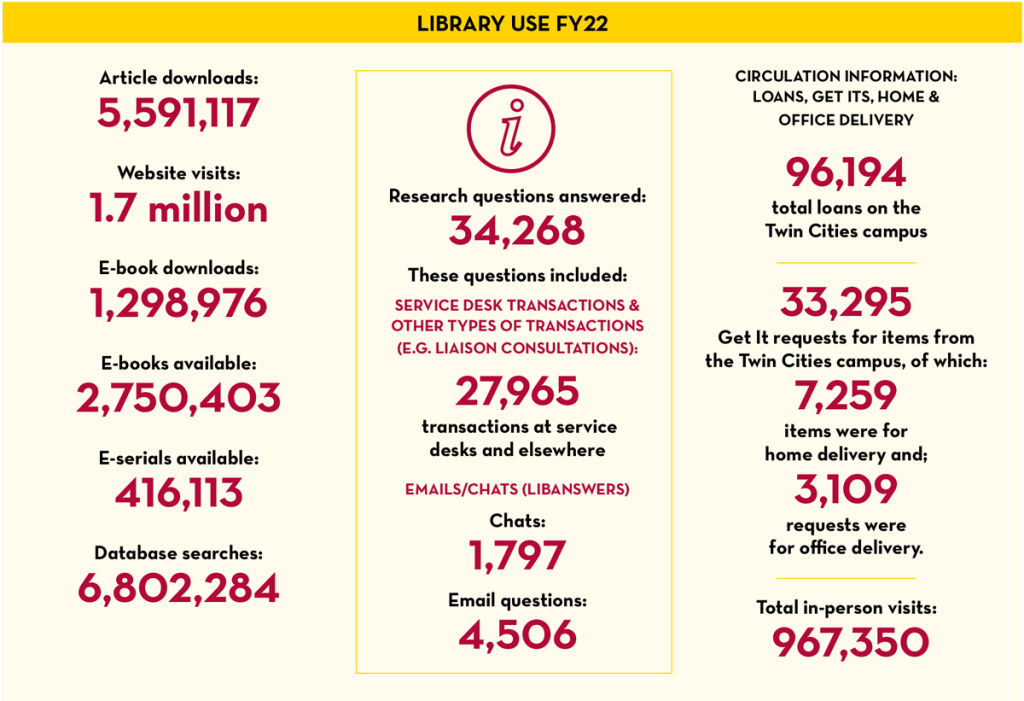
The theme of this year's International Open Access Week is "community over commercialization". The OA…
Emma MollsOctober 24, 2023

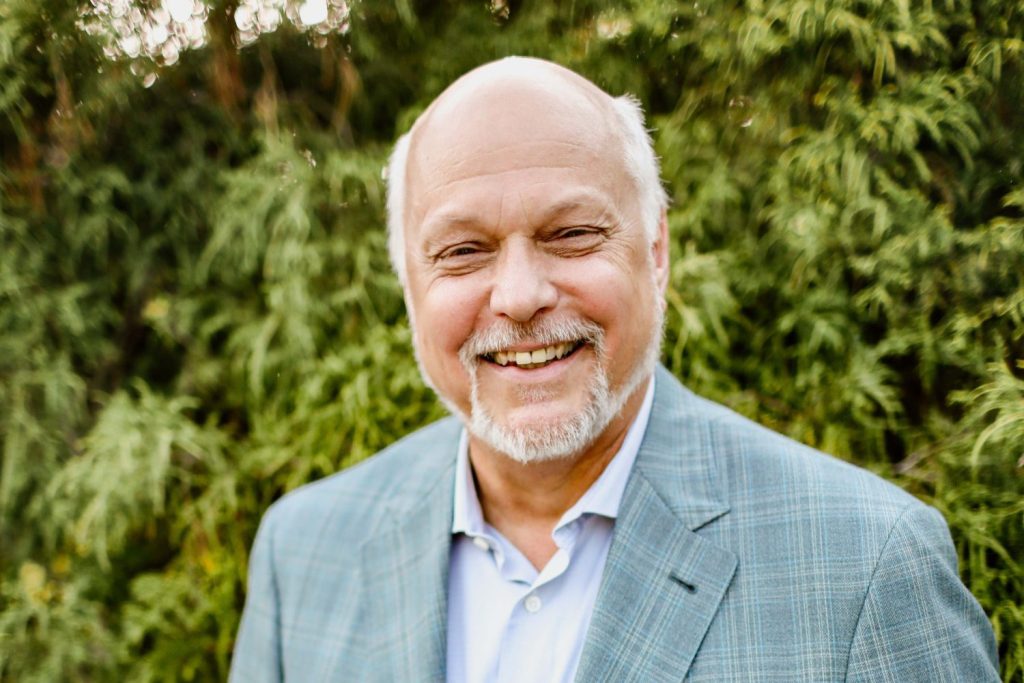





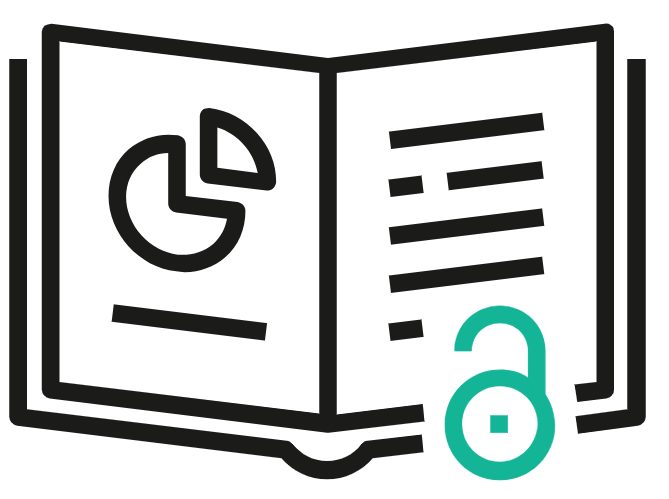
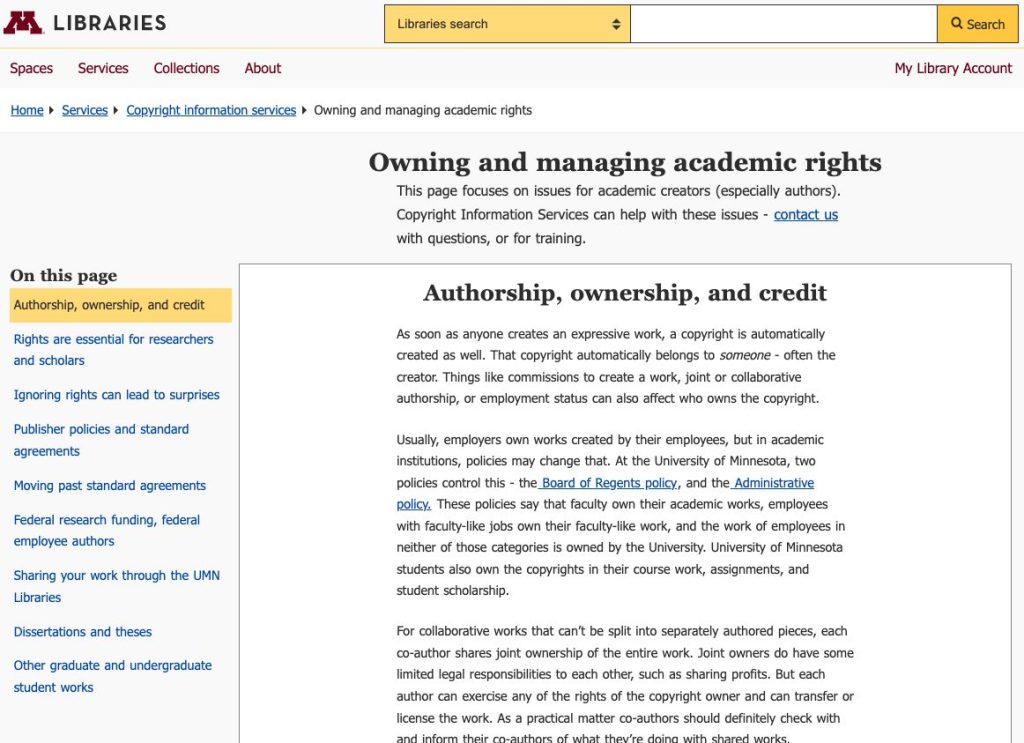
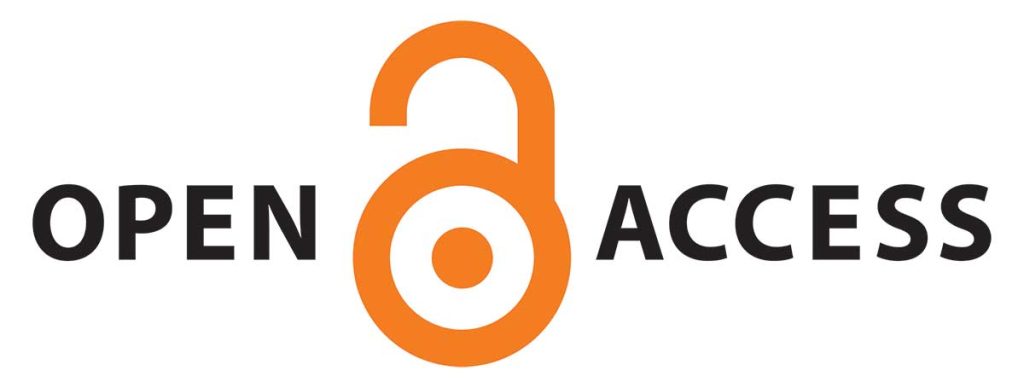
© 2024 Regents of the University of Minnesota. All rights reserved. The University of Minnesota is an equal opportunity educator and employer.
Privacy Statement | Acceptable Use of IT Resources